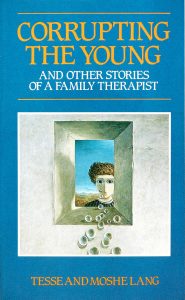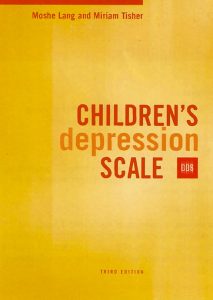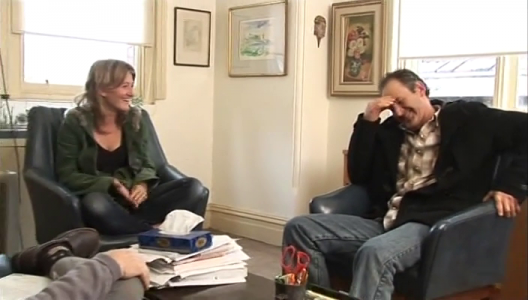Methods developed by family therapists in the last 30 years allow the family physician to deal directly and rapidly with a range of psychological problems that previously required prolonged specialised psychotherapy.
A study is reported in which a comprehensive group of forty severe school refusers was compared with a matched control group. The results are discussed.
Moshe Lang is a natural story-teller whose many years as a family therapist have provided the raw material for these delightful short stories. They cover marriage, parent/child relationships, and all the frustrations, wry pleasures and pressures of family life. Some are wise anecdotes that reflect universal truths, others show how family therapy works, sometimes despite the therapist.

Moshe Lang, a leading family therapist in Australia and author of numerous books in the area of his professional expertise, has written the central article of this edition’s symposium. Detailing several case histories of Holocaust survivors and members of their families, it offers comment and reflection upon the long shadow cast by the trauma, as well as upon the resolutions he is often instrumental in affecting. Responses to his article by academics and mental health professionals from Australia and overseas comprise another section of the symposium, while two children of survivors also offer their thoughts and words in articles that add new chapters to a story many thought was already completed.
I asked Shirley to draw a picture, something I typically do with young clients, and she drew buildings and chimneys big, square, featureless buildings with lots of wide chimneys. She took special pains with the smoke issuing from the chimneys, furiously blackening in great, dark plumes.
Stories of family therapy with Holocaust Survivors and their families are presented. They came with symptoms or complaints that seemed unusual and at times bizarre. Although they had seen other members of the helping professions, the Holocaust had never been mentioned. Only when it was explored did their problems become comprehensible and meaningful, providing the context for alleviating or resolving their complaints.
Moshe Lang presents us with a book of nuance and flavour. Resilience is a collection of brief sketches and vignettes, each serving as a vehicle for pithy observations and cogent insights.
After Peter’s passing in 1999, a second edition of the book was published. The invited commentaries were taken out of this edition, while Moshe revisited and updated his original comments, in light of developments in family therapy practice in the interim two decades.



